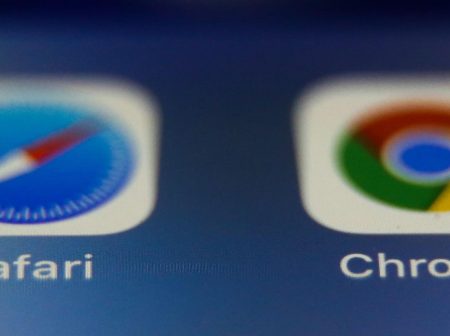With President Biden dropping out of the presidential campaign, many questions remain about the race, including who will debate whom and when. Regardless of the answers, the next debate needs to be about substance and not style. Because what we saw in the first debate, we’re seeing in races across the country. Candidates at every level are failing to focus on a critical issue that will determine our future: Our health.
I’m not talking about healthcare access or affordability, which the debate touched on in the context of reproductive rights, prescription drug costs, and the Affordable Care Act. I’m talking about the health of our nation. I’m talking about how we keep the people of this nation healthy, and make them healthier. Because that’s an issue worth debating.
During the 1992 presidential campaign, James Carville coined the phrase, “It’s the economy, stupid.” And it’s still true. Campaigns are often won or lost by how well candidates address the economy—and today, that must include stressors on the economy. The Bird Flu outbreak is harming farming communities. The mental health crisis is actively undermining worker productivity, and so is this summer’s extreme heat. Researchers have found that when temperatures reach 90 degrees, productivity falls by 25%. And by some estimates, poor worker mental health costs the country $48 billion per year. If I could ask candidates this cycle one question, it would be, “If a stronger economy requires a healthier nation, and it does, what will you do to make our nation healthier?”
Right now, as we saw in the presidential debate, candidates are claiming credit for or rolling out plans to bring down the costs of insulin. And while that’s critical, we must look critically at the roots of the problem: The United States has one of the highest rates of diabetes in the world—and not just among seniors. So, in addition to asking about insulin, voters should press, “What are your plans for lowering the prevalence of the disease, and of chronic disease more broadly?”
Or the age-old question of age. In the weeks leading up to President Biden’s decision to leave the race, the media had been focused on his age and mental capacity. And President Trump remains the oldest major-party candidate in our nation’s history. But voters should be asking about their own health: “How will you add years to our lives?” Life expectancy in the United States has declined during both the Biden and the Trump administrations. Right now, it’s at 76.4 years, the lowest it’s been in nearly two decades. And for Black Americans, it’s 70.8 years.
Then there’s the pandemic. This is our first post-COVID presidential election, and the moderator of the first debate did not ask the candidates about what they’d do differently in the event of another pandemic. That would be like not asking Harry Truman and Thomas Dewey about how they’d defend our nation in the election after World War II. Questions should include: “If there’s another pandemic, how would you ensure that stores don’t run out of toilet paper?” “How would you distribute vaccines faster?” “What would you do to save lives and minimize disruption to our economy?”
Now, some might say that public health won’t move the needle on polling, and in a political campaign, that’s all that matters. I would argue that’s not true. In a recent poll commissioned by the de Beaumont Foundation, for instance, we found that Americans on both sides of the aisle are more familiar with and have a more favorable opinion of their local public health official. What that tells me is that Americans are more concerned about public health than ever before. And our elected officials should be, too.
Public health should be a top concern for political candidates at all levels. On the campaign trail, candidates for governor, senators, state houses, and school boards should be talking about public health issues – about extreme heat, chronic disease, life expectancy, and more – because they will directly touch the lives of their constituents.
And that’s not up for debate.
Read the full article here










